The Power of In-Person Therapy
We’ve all been on a Zoom meeting and the video or audio goes out because of spotty internet service. Now, imagine that happening as you work through an important issue with your therapist. Less than ideal, right?
In our increasingly digital world, it can be tempting to opt for the convenience of online therapy sessions. While virtual care has its benefits, there is something uniquely powerful about in-person therapy that shouldn't be overlooked.
One of the key advantages of meeting with a therapist face-to-face is the ability to fully engage the senses. When you're physically present in your therapist's office, you can take in the calming environment - the soft music playing, the soothing colors, the comforting scents of essential oils. This multi-sensory experience helps your nervous system shift into a state of relaxation, allowing you to be more present and open during the session.
Additionally, in-person therapy facilitates a deeper level of connection and attunement between the client and therapist. Our bodies communicate so much through subtle facial expressions, body language, and energetic resonance. These nonverbal cues can be difficult to fully perceive through a screen. When you're sharing the same physical space, your therapist is better able to pick up on the nuances of your experience and respond with greater empathy and understanding.
This heightened connection also builds trust more quickly. There's something about being in the same room, looking into each other's eyes, that fosters a sense of safety and vulnerability. Clients often report feeling "seen" in a way that doesn't always translate to online sessions.
Of course, virtual therapy has an important role to play, especially for those with limited access to in-person care. Or once you’ve established that relationship with your therapist in real life, doing online sessions at times can still be incredibly powerful. But for those who are able, consider the profound benefits of showing up, in person, for your mental health journey. The investment of time and effort can lead to profound breakthroughs and lasting transformation.
New Paragraph










